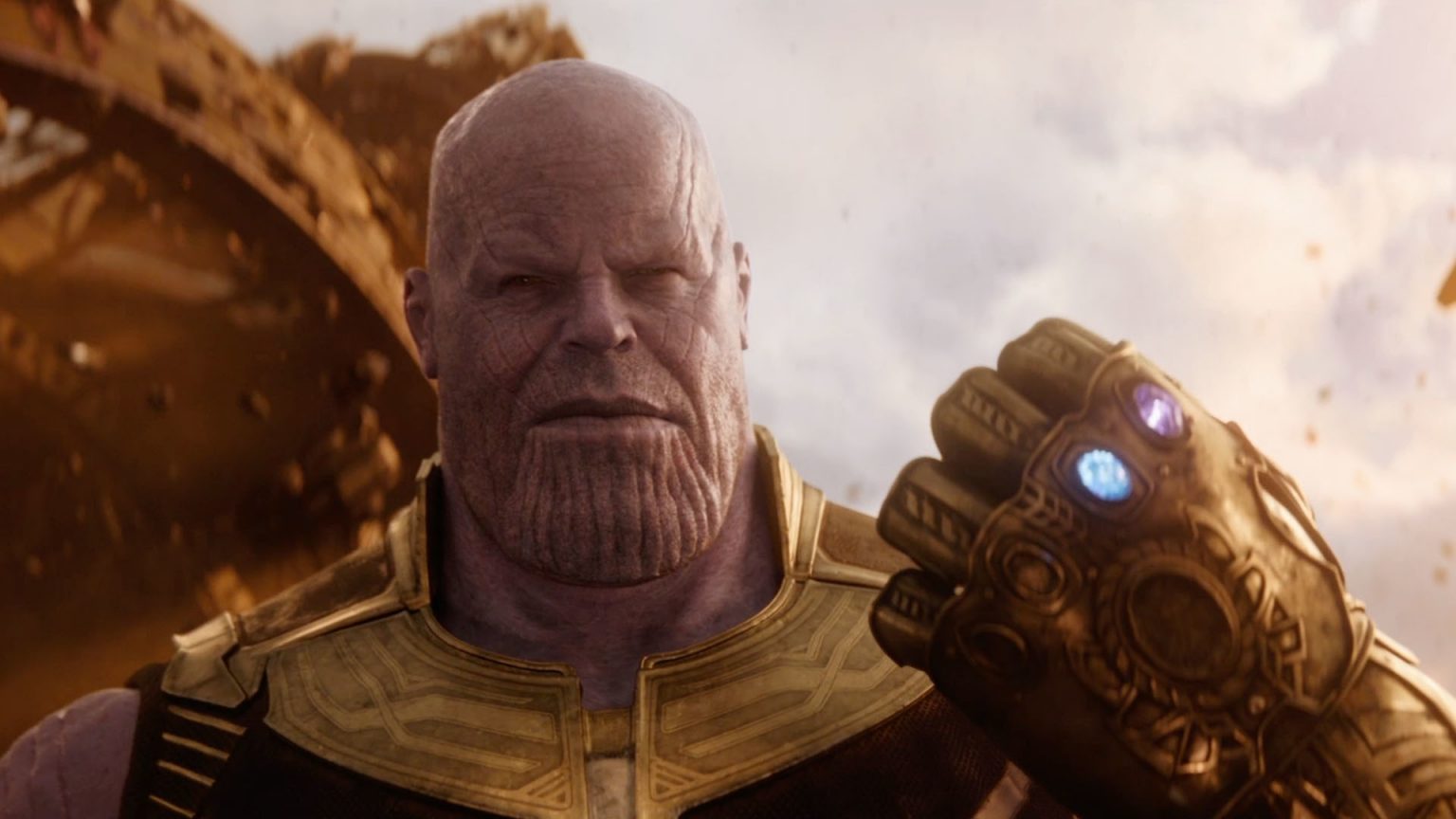Now that Black Panther has stepped into the spotlight, it means that Infinity War is the only feature left in Marvel’s third phase. After eighteen entries into the Marvel Cinematic Universe, super-producer Kevin Feige is done teasing audiences with breadcrumbs. Thanos, whose brief appearance at the end of the first Avengers has landed on Earth and is ready to clear out a very crowded roster. Whether Thanos’ arrival marks a Game of Thrones-style annihilation of all our Marvel heroes is up for debate. What isn’t debatable is that the Marvel Cinematic Universe has reached its apex. What should be Marvel’s victory lap, however, could prove to be one last hurdle.
Taking so many gambles and coming up flush with cash (about $14,400,000,000) each time has made Marvel blind to failure, yet that exact situation could unfold for the upcoming Infinity War. Don’t get me wrong, Infinity War will likely bring in a billion dollars regardless of quality, but an unsatisfactory conclusion is still a failure even if it makes money (paging Batman v. Superman). Years of world-building, conflicts between Avengers, and adding new characters have made the post-credits sequence from The Avengers a reality. After devoting years of watching and putting their own money into the MCU, it wouldn’t be a surprise if fans have their own theories as to how everything should shake out. Reaction to The Last Jedi already proved how loud viewer displeasure can get when a film doesn’t play out as expected, and Infinity War could face the same backlash, which is a problem when repeat viewings are necessary to earn those monster box office receipts that Marvel has grown used to.
The real test of Infinity War‘s success will be how audiences receive Thanos (Josh Brolin). Brolin is already at a disadvantage though, because he will have to shine through his motion-capture to grab audiences, and his motivation to annihilate half the universe is a hard sell. Moviegoers have seen countless variations of crazed despots trying to take over the world, and the bar has been set too high as of late for the final boss simply to be a purple demigod with a jewelry fetish. Killmonger and Vulture earned pathos in their performances in Black Panther and Spider-man: Homecoming by making their acts of vengeance small yet personal. Both characters had fleshed-out backstories that gave audiences something to care about. The Vulture saw the financial collapse of his family thanks to Stark Industries, and Killmonger had his birthright violently ripped away from him. By film’s end, it was a little disappointing to see Killmonger and Vulture vanquished; not since Loki had baddies possessed such screen presence in a Marvel film. Will Thanos be able to match those performances?
A big battle featuring Thanos and his army—essentially recreating the third act of The Avengers—would put Infinity War on bad footing. The climactic battle of the first team-up was notable because moviegoers finally got to watch these heroes interact when it counted, but the battle itself wasn’t compelling. The signature moment of The Avengers was when Captain America, Iron Man, and Thor got into a scrap in the forest, not their melee against the Chitauri. Without personal moments where characters get to shine, Infinity War could be just one long fistfight, completely abandoning the dynamic interactions fans have come to expect from the crossovers.
Crossovers are fun, but an event this large—featuring at least a dozen prominent characters and dozens more supporting—needs room to be able to breathe. Character arcs, such as Tony’s gradual progression from selfish playboy to selfless philanthropist, made MCU movies more than mere serialized blockbusters. Recent hits like Guardians of the Galaxy, Thor: Ragnarok, and Black Panther each had time to build their own worlds and weren’t forced to connect the dots to set up future films. This new development might prove to be a concern for Infinity War. If the most positive aspect regarding recent MCU features is how little each film is tethered to other stories, what will that mean for the film asked to tidy up multiple storylines?
Ads promise that the “end is near” for the MCU, but some resolution is necessary after so much set-up, even with seven more films planned in the near future. Fans have grown close to Cap, Hulk, Tony, and Thor, and if their ends are cut short so that others can have an introduction, it will not go over favorably. The likely demise of multiple characters is bound to draw ire from fans; especially costume-clad children and their parents who are unlikely to take the deaths of their beloved heroes well.
Marvel Studios made a lot of risky bets in their eighteen-film history and has seen them pay off. Now fans are expecting perfection from Infinity War, and rightly so after Marvel has built it up as the grand finale of their three-phase project. For Marvel to actually accomplish that, they’ll have to avoid the same mistakes that plagued previous films, like an extraneous set-up for future films and mediocre villains. The triumph of Black Panther, Spider-man, and Guardians means that Marvel still has a prosperous future, but the studio can’t afford for the pinnacle of a decade-long run to stumble. Anything less than perfection could stunt the MCU for years to come.




